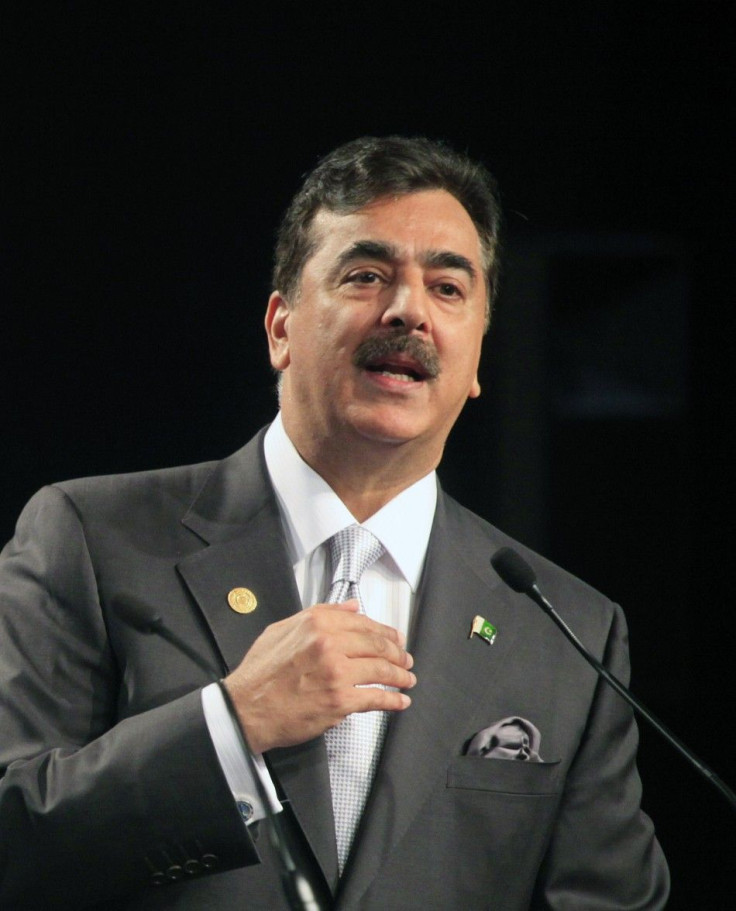Pakistan PM Offers to Resign in Wake of Contempt Charge

The embattled Prime Minister of Pakistan Yousuf Raza Gilani has apparently offered to resign in the interests of strengthening the government and parliament and easing mounting tensions with the military, according to a report in The Hindu newspaper of India.
Gilani’s offer came in the wake of a decision by the nation’s Supreme Court to issue a contempt of court notice due to the Prime Minister’s failure to begin a corruption probe of President Asif Ali Zardari.
The court earlier declared that Gilani is obliged to probe Zardari after a decision in 2009 squelched granting amnesty to some 8,000 politicians, government officials and businessmen who were accused of corruption and terrorism. Among those who had their amnesty lifted was Zardari.
Specifically, Zardari, the widow of former Prime Minister Benazir Bhutto, was accused of money-laundering in Switzerland.
However, the government (and Gilani) has stalled on probing Zardari, arguing that he still enjoys immunity from prosecution while holding office.
The Court countered that Gilani is violating his oath of office for failing to look into the president’s dirty laundry.
According to the ARY news channel of Pakistan, in the event Gilani steps down, his most likely successor would be a senior official of the ruling Pakistan People’s Party (PPP), including PPP leader Qamar Zaman Kaira and Religious Affairs Minister Khursheed Shah. Also, Chaudhry Pervaiz Elahi, a member of the PML-Q Party, a partner in the ruling coalition, may also be considered.
Gilani and Zardari have reportedly met with top PPP officials in order to decide what their next step will be. A crucial vote of confidence on the country’s civilian leaders is scheduled to take place later in the parliament.
M. Ilyas Khan, a BBC correspondent in Islamabad, commented: “By putting… Gilani on a contempt notice, the Supreme Court in Pakistan has taken its recent stand-off with the government a step further.” Khan added: “But the government is also likely to deploy techniques that will help it to delay a conviction against the prime minister. The scheduled vote in parliament is meant to display unity between political players and aims to discourage unelected institutions from taking action against the government.”
Underlying all these disparate events is the growing fear that Pakistan’s military may engineer another coup to topple the elected, civilian government (something not unprecedented in Pakistani history).
Complicating matters is that the military is outraged over an apparent memo Zardari sent to the U.S. government asking for their help in reining in the power and influence of Pakistan’s military and intelligence network.
That scenario has already cost the job of the former ambassador to the U.S., Hussain Haqqani.
© Copyright IBTimes 2024. All rights reserved.





















